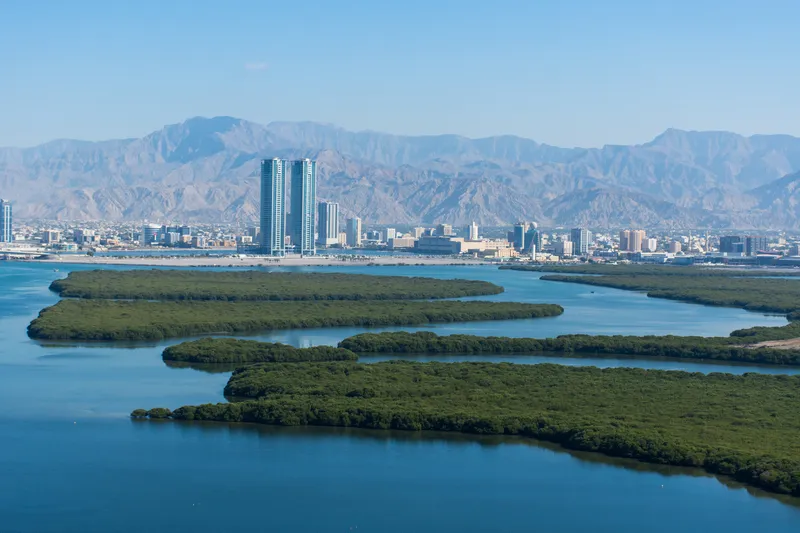Sensys Traffic has received an order valued at US$846,000 for traffic safety systems from Dubai, United Arab Emirates. Sensys has its largest installed base, apart from Sweden, in the United Arab Emirates and has been supplying the Dubai police since 2001; this order expands the number of their traffic safety systems.
June 11, 2015
Read time: 1 min
Sensys has its largest installed base, apart from Sweden, in the United Arab Emirates and has been supplying the Dubai police since 2001; this order expands the number of their traffic safety systems.
”We continue to reap success in the Middle East. This order from the Dubai police is the result of a long period of marketing together with our new partners in the Emirates. The order is also confirmation that we are at the cutting edge of technology,” says Torbjörn Sandberg, CEO at Sensys.










